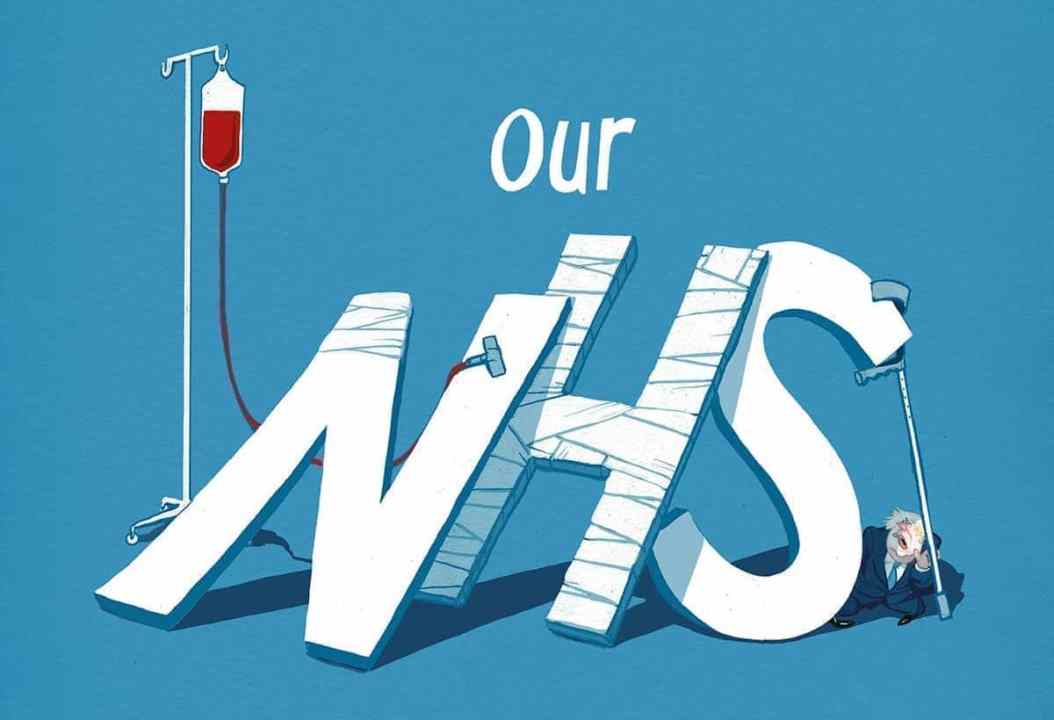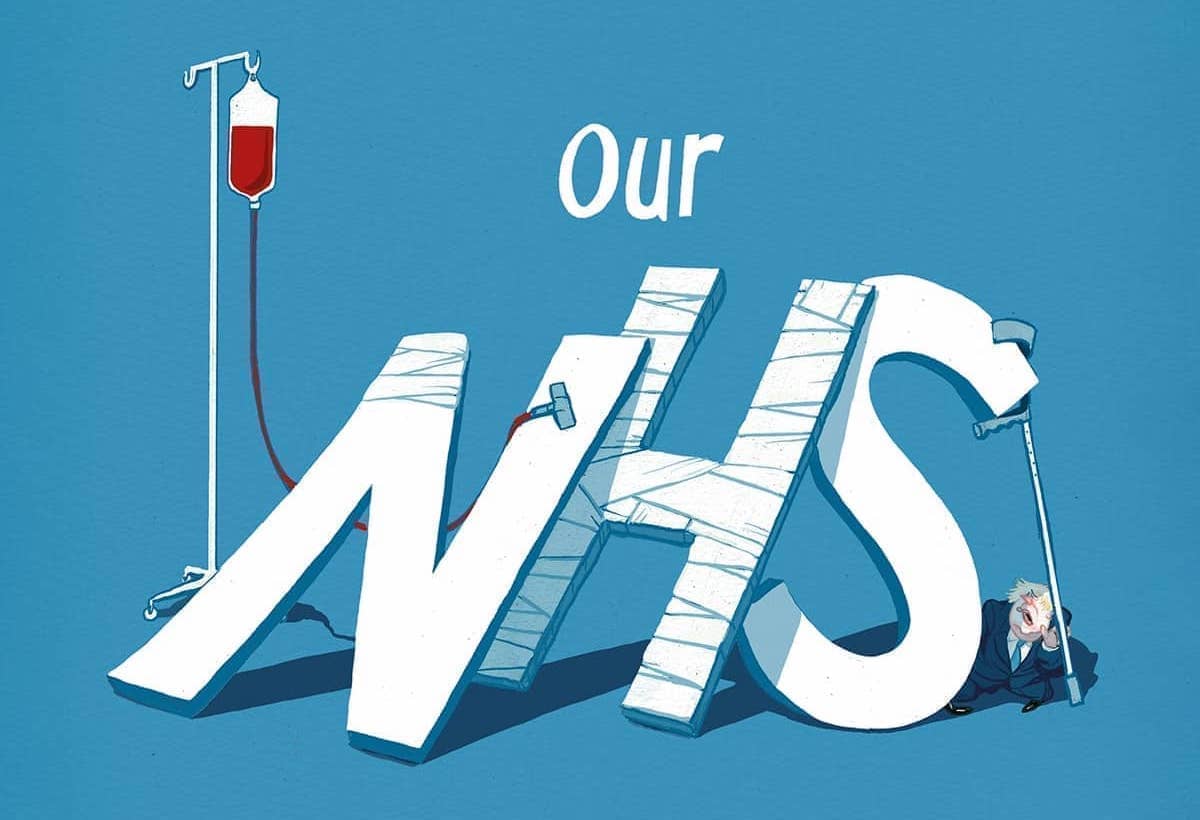While MPs compete to shout the loudest in their support of the UK’s health services (‘save our NHS!’), the British public has fallen out of love with it. More people are now dissatisfied with the NHS than are happy with it. This is true across all ages, income groups, sexes and voters of different political parties. Support for the NHS is now at the lowest level for a quarter of a century.
The public is right, the NHS is just not that good. Compare it, as I have done in a new report published today, with the health systems of 19 similarly well-off countries and it is hard to come to any other conclusion. UK life expectancy is down at 17 out of these 19 comparable nations. Our cancer survival rates are shockingly low. We are the worst for strokes and heart attacks. We are one from bottom for preventing treatable diseases. We are third from bottom for infant mortality. The only thing we top the charts on is helping diabetics avoid amputation. Sadly, despite the great efforts of NHS staff, our health system does not match the success rates of other nations: we come bottom of the league tables four times – more than any other country – and are in the bottom three for eight out of the 16 measures.
Every other economically advanced country – apart from America – provides universal care to everyone
Ah, the supporters of the NHS might say: you are just cherry-picking the countries you are comparing us with, or the diseases, or using dodgy data. Not so. The comparison countries and health outcomes were those used in a report co-published a few years ago by the three leading health think tanks, the Health Foundation, the Nuffield Trust and the King’s Fund, together with the Institute for Fiscal Studies. And all the numbers behind the health outcomes come from the extraordinarily detailed OECD health database.
So, with an unimpeachable methodology and a highly regarded database, another line of attack may be that somehow the only alternative is the American system. Again, nothing could be further from the truth. If there is one country that clearly has a worse system than the UK, it is America. Extraordinarily low life expectancy, vast costs and often poor treatment means that it would be a crazy model to imitate. But that doesn’t mean we should discount an insurance model altogether. Plenty of European and western countries are able to effectively use such a model without the massive health failures we see in the US.
Is this all about money? We hear endless accusations that ‘our’ NHS has been starved of funding. But again, not so. The OECD data are clear: in comparison to other wealthy countries, our spending in 2019 at 10.2 per cent of GDP exactly matched the average spending of the comparable countries. For spending, if not for outcomes, we are bang in the middle of the league table.
The final claim may be that at least the NHS provides care, free at the point of use, for everyone. True of course (except for the fact that waiting lists mean that that care is rationed). But it also overlooks the fact that, again according to the OECD database, every other economically advanced country – apart from America – provides universal care to everyone.
We need to recognise that, compared to the health care systems in other economically advanced countries, the NHS is not in good shape. So we will keep looking at how well the NHS is doing in comparison to other wealthy countries, including its response to the pandemic.
And we should start looking at why other countries like the Netherlands, Canada and Japan do so much better than we do. There must be lessons to learn. How, for example, has Japan helped 60 per cent of lung cancer patients survive for five or more years after diagnosis while we only manage 21 per cent? How does Italy have hospital admission rates for respiratory diseases that are one-sixth or ours? How has the Netherlands cut its mortality rates for patients admitted to hospital with an ischaemic stroke by 60 per cent over the last decade while we have only manged a reduction of 25 per cent?
The price of our politicians’ ignorance is high. Tens of thousands of people die unnecessarily early every year. How much longer do we have to put up with this?







Comments